Magdalen Jarzombek (nee Opiela)
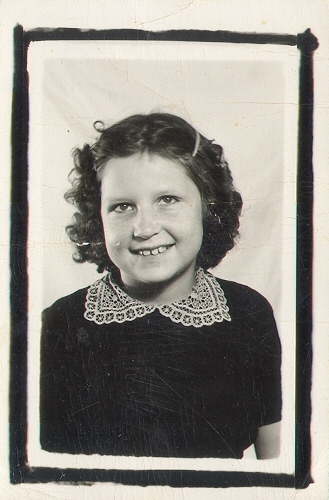

What was a typical day on the farm like?
Well, When we were little we had to bring water to the house because we had no running
water, we had to bring wood to the house because we had a wood stove, we had to go collect eggs
and help feed the animals.
What was your least favorite chore of all these?
The least favorite chore was picking eggs because when those chickens were
sitting on them they would peck us and I was scared of them.
What did you do as a child on your free time?
We Played together, picked wild flowers, robbed the birds nest (laughter).
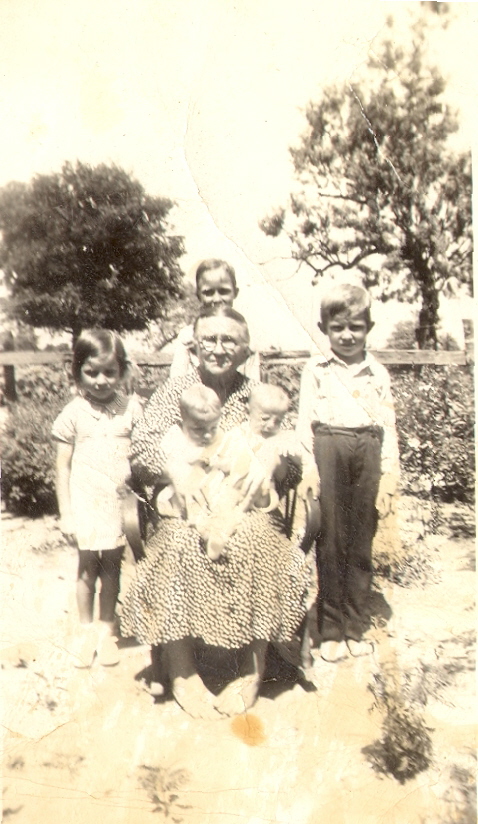
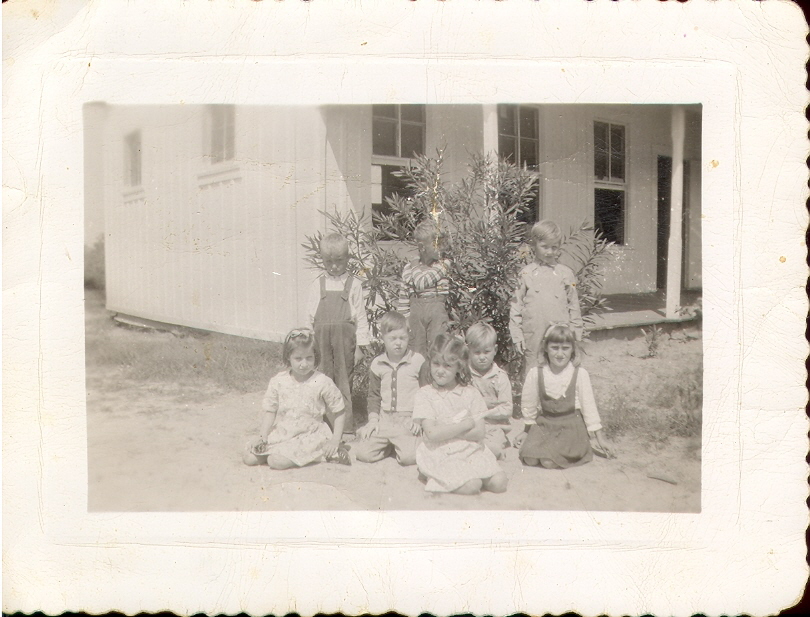
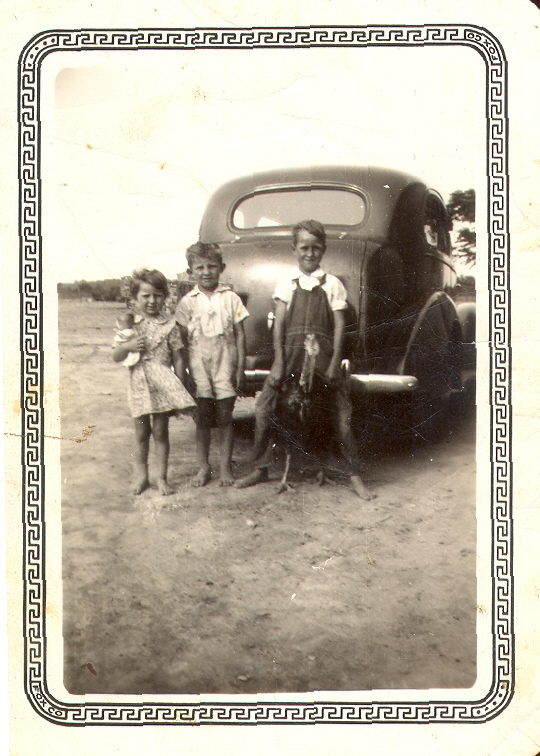
What was school like?
Well, for three years we had to walk three miles in the morning and three in the
evening. If it was raining or too cold our parents would take turns in the neighborhood
and take a load to school. We did not have to wear seat belts at that time so they could
load the car up as full as they could and they took us to a country school at that time called St. Peter's.
Later on then they added some other schools and they called it Pulaski School and got a rural
bus which picked us up. They taught to eighth grade up there, and one week we got home right after school and
one week later after school because the other side went home first, and that's how it was.
We always took turns. So one week you were home early and the next you came home later,
about and hour later.
How many students were in your class?
Oh, about ten. There were four girls and six boys. There were more boys.
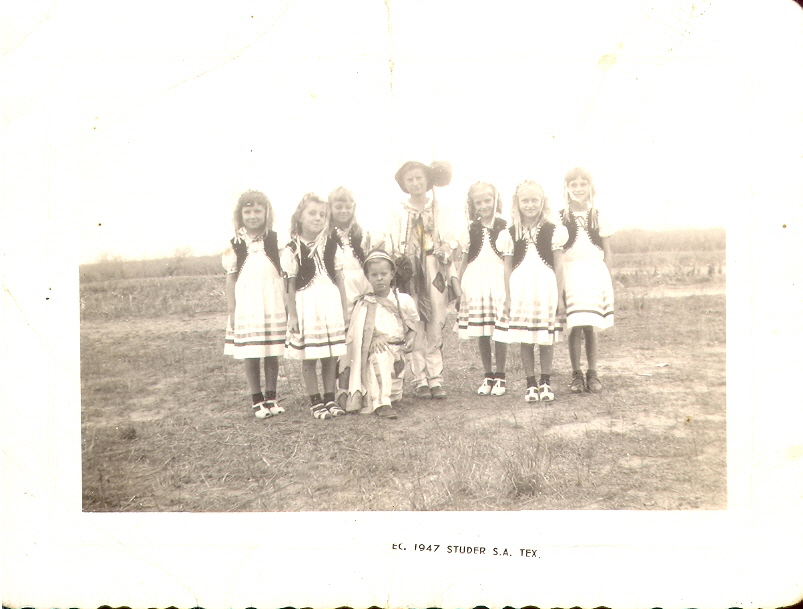
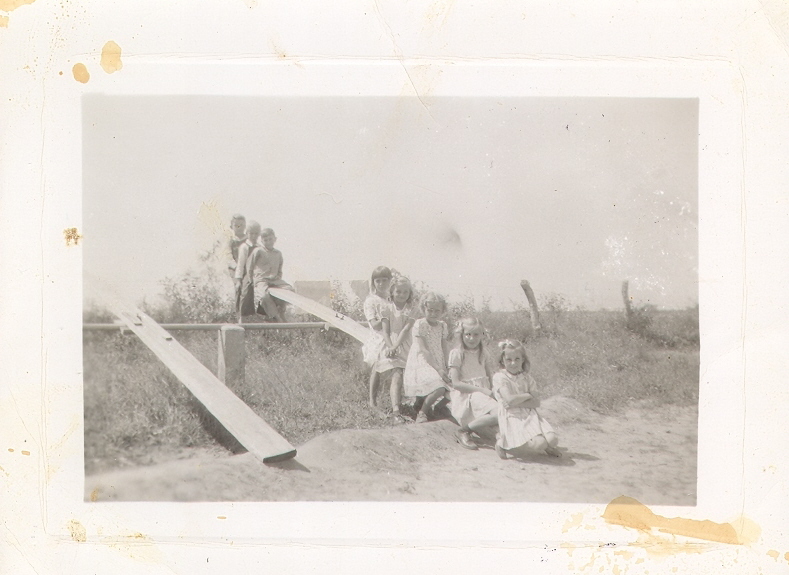
What were the holidays like, how did you celebrate them?
Well, we had a lot of fun during the holidays. Christmas was a big holiday for us especially
Christmas Eve and then also Easter was big for us and a lot of times Fourth of July
we would meet my mother's family at a river some place and the other holidays like Memorial
Day and Labor Day and stuff like that we didn't celebrate those long time ago.
What about your neighbors, were you close as a neighborhood?
Yes, we had neighbors walking distance, we had the Waclawczyks, that we always visited,
went to across the pasture and visited with them and then we had on the other side two of my
aunts who lived there. The Kotzurs and Feluxes had older cousins, our cousins were older, but
they enjoyed us when we came up there, they teased us, and played with us, and then the
Wiatreks lived across a little bit and they had kids that we visited but most of the time it
was like in the evening if we weren't to busy.
You had to deal with some of the Great Depression, how did that affect you?
All I remember is my mother taling about it and when I was a little girl
Roosevelt was still the President and everybody loved him because he got us out of the
Depression, but later on when the war was on, WWII, it got bad again becasue they rationed
stuff. There was ration on sugar, coffee, tires to a car, batteries. A lot of the stuff
the armies got first and then I guess like sugar and coffee wasn't shipped here because of the war like it
should have been or something I don't know, but there was ration on shoes, like men's work
shoes, they couldn't buy but so many. You had to have a stamp, they sent you stamps through
the mail, if you didn't have the stamps you couldn't buy it. So if you had a flat and you needed a
tire you borrowed the tire from the neighbor and they would like borrow batteries from
us and that's how people did.
What are some natural disasters you had to live through, do you remember any?
No, other than a storm, a hurricane that we had to leave our house and go to our
neighbors house. We were up on a hill and they were down in like a valley, but they
had a newer house than we did, a bigger house, and i remember walking there and we couldn't
cross the barbed wire fence because the wind was taking us (laughter) and the neighbors came to meet us
and I remember they picked me up over the fence because I was little, but my parents
had a hard time getting through the barbed wire fence becasue it was so windy, but that is
the only natural disaster I remember. Otherwise we had a lot more rain that we do now it
seems like. There was always crops and it wasn't as dry as it is nowadays.
How old were you when you met your husband?
I was probably about seventen and a half when I met Leon and got married at
nineteen and a half.
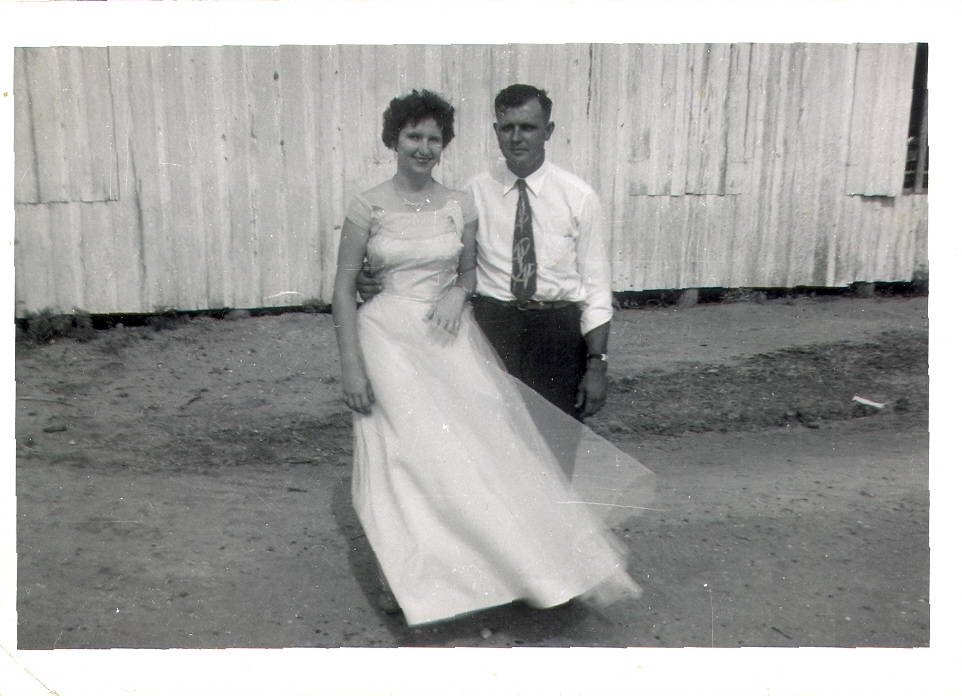

Why did you move to Poth?
Because we had four children, well three and one was born after we moved here and where
we lived it was so far away from everybody and everything and we wanted to move closer to the
school system and we needed a bigger house. So we built this home then and it was by the
school, very convenient to the kids because then they never had to ride a school bus or
anything they were right there.
What was Poth like back then?
It was bigger. We had people who dealt at home, so all the stores were very active
and then later on people started working in San Antonio and people started driving there and
dealing up there, and it forced little merchants to close down because they couldn't
afford to be open because there wasn't enough business, but when we moved here we
had two meat markets and a mercantile store where you could buy, you know, clothes for children,
material, blouses, they didn't have dresses just blouses and all kinds of stuff like that
and then we had one general sotre. She had the same stuff plus a grocery store and then we had
one nice grocery store, Mr. Eckel had it, and then one little grocery store Mrs. Reinigar had.
And then there were several restaurants and Warkens had their peanut mill and before
then they had a cotton gin here in Poth which had labor for people. We had Kolodziej
Produce, where people were employed there and I think the State stopped that because they
came out with so many restrictions, you know about different things so actually Poth was a
very booming little town and we had the Poth Vegetable Company by the railroad because they planted
all these vegetables by the San Antonio River, where they irrigated and the big trucks would always
come and pick all the vegetables and the train went through town and Poth was a very booming
town, but now it is dying down. We are down to one meat market, of course we still have
a big feed and grain place because of all the farmers and ranchers around here. That's all that
keeps us floating is the two restaurants here, the meat market, and the big farmers gin. Otherwise
all the other stores have closed. We have one grocery store, but it is very slow not too many
people stop there.
How has the evolution of technology affected your life?
Well, there is a lot a good things, I guess it is ok. We dont' have to wash and wring our clothes on
a washboard anymore or in a tub. We had a lot of the wringers, I remember that. Now we have dryers. When i had your mother I remember I would hang diapers on the line and they would be stiff as a board, they would freeze, but that was the only place I had to hang then I had no dryer you know, and i had a wringer type machine
so all the conveniences are great. Then television too, we had radio but I didn't get a television untill I was a teenager.
They first came out, before we didn't have anything like that.
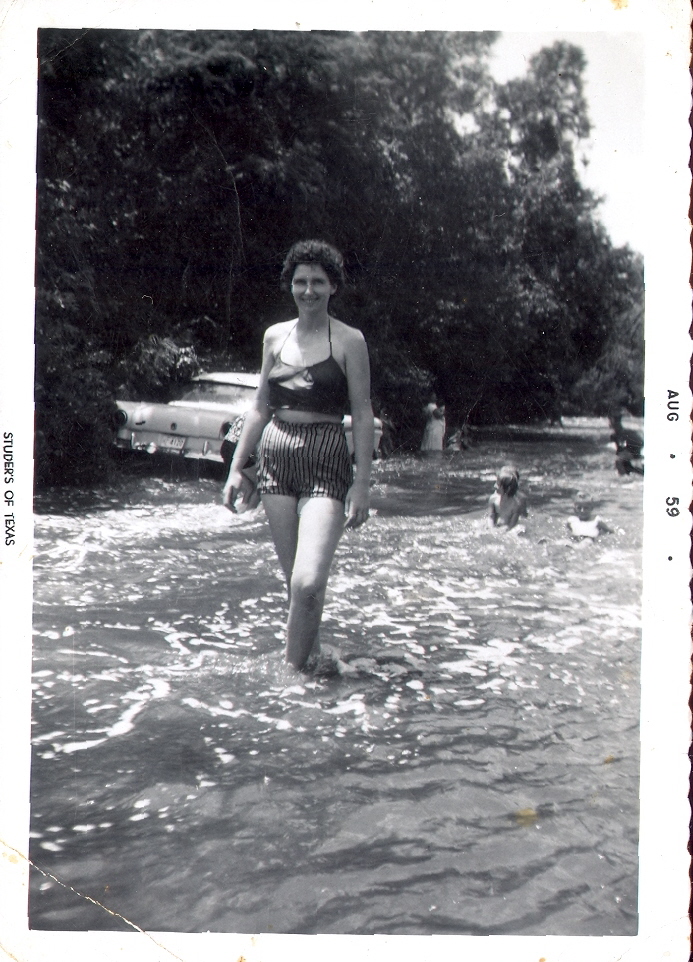
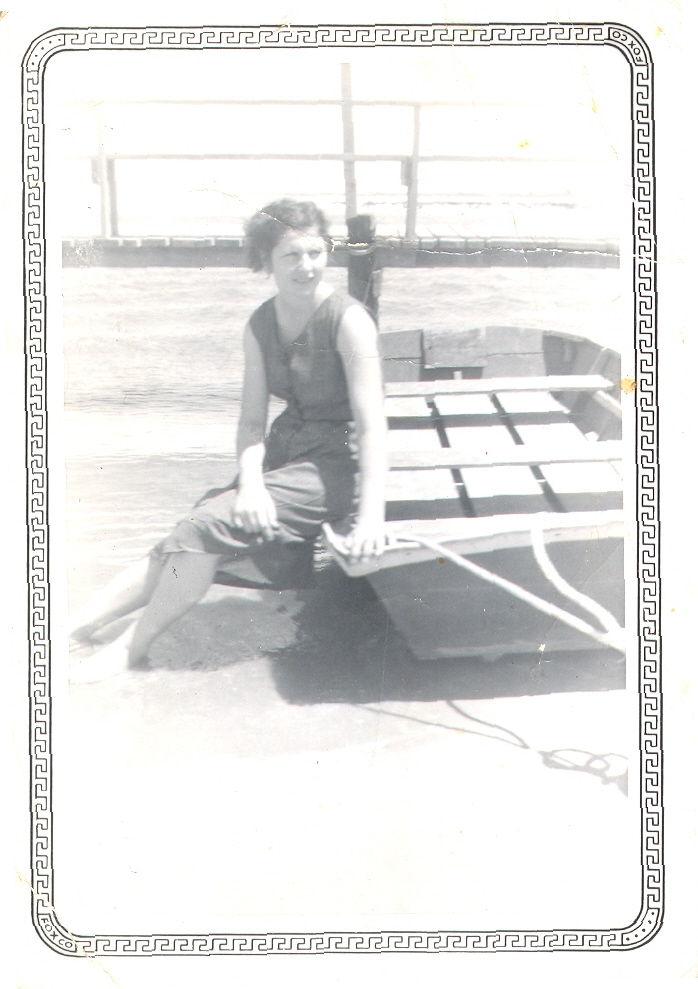
After Traveling to all these places is there anything that can compare to home?
If I didn't have all my kids (laughter) living here I wouldn't mind moving to some other place because I have seen
a lot more prettier places than here, but it's always nice to come home because you have your family here. But once you go
to the Holy Land and see everything there you can't get a trip that excites you more.
Is there anything else you would like to add to this interview?
No, Just that I have enjoyed my life so far and I have a wonderful family and I hope God Blesses all of us.
I learned so much about my grandma and about the area in which I live now. My grandma had been through a lot of things that I did not know of. I knew that she was a hard worker, but after listening to her describe a day on the farm I realized how much harder she used to work. It kind of makes me feel lazy and makes me feel guilty when I complain about having to wash,dry and iron clothes. I also learned that Poth was a very busy town full of life. Now the town is pretty much dead. There is really nothing to do. The joke in school was always how boring and dull the town was and we did not understand why nobody had moved away and why people kept moving in, but now I know that it was not always like that. There were stores and companies that I never even knew existed. I also learned how life in the town was much different than life on the farm.
Google Images. Author: Rampho, E. T.; Sorghum bicolor; January 2005.
On-line Medical Dictionary. 1997-1998; Academic Medical Publishing and CancerWEB; a brief understanding of what 'ration' means.
Wikipedia.org.Last updated June 2006.
Alta Vista A look a what a wringer machine looks like and what it is used for.
The Handbook of Texas Online. Copyright © The Texas State Historical Association. The Handbook of Texas Online is a multidisciplinary encyclopedia of Texas history, geography, and culture sponsored by the Texas State Historical Association and the General Libraries at University of Texas at Austin. http://www.tsha.utexas.edu/handbook/online/ Last Updated: May 16, 2005.